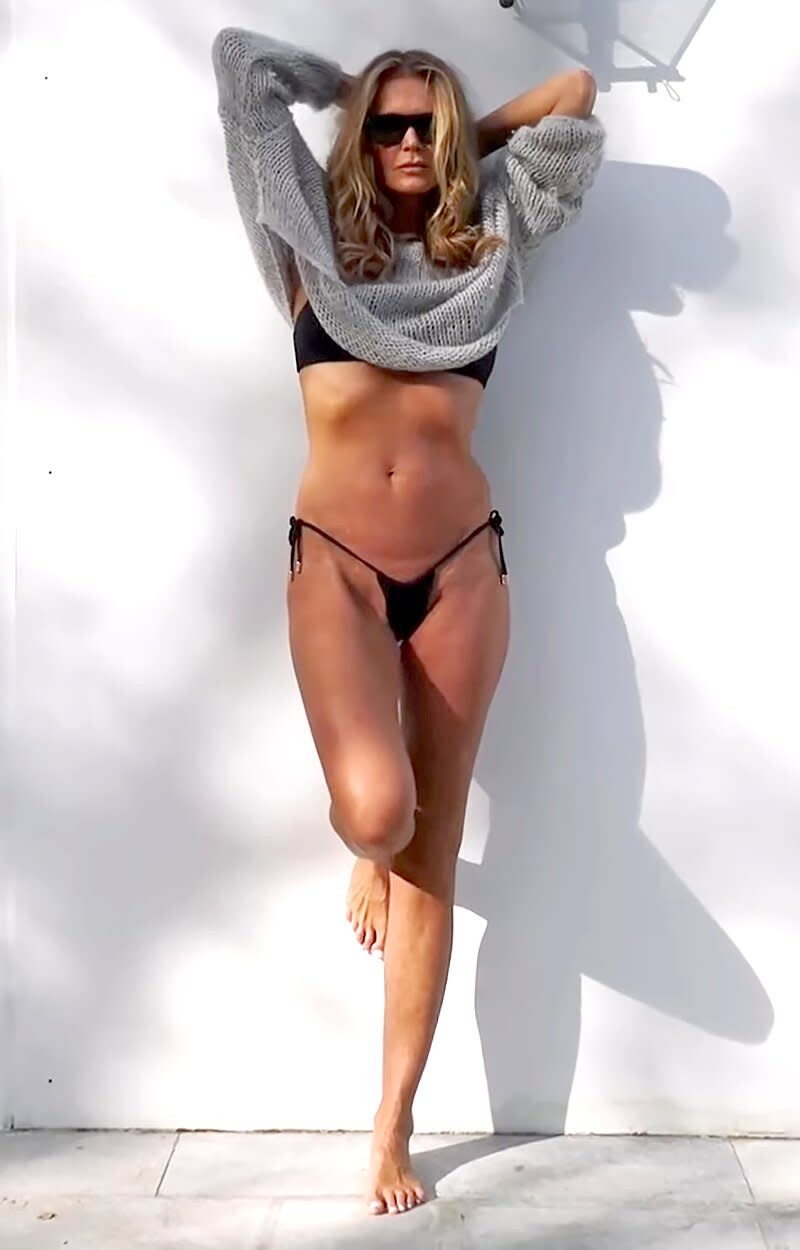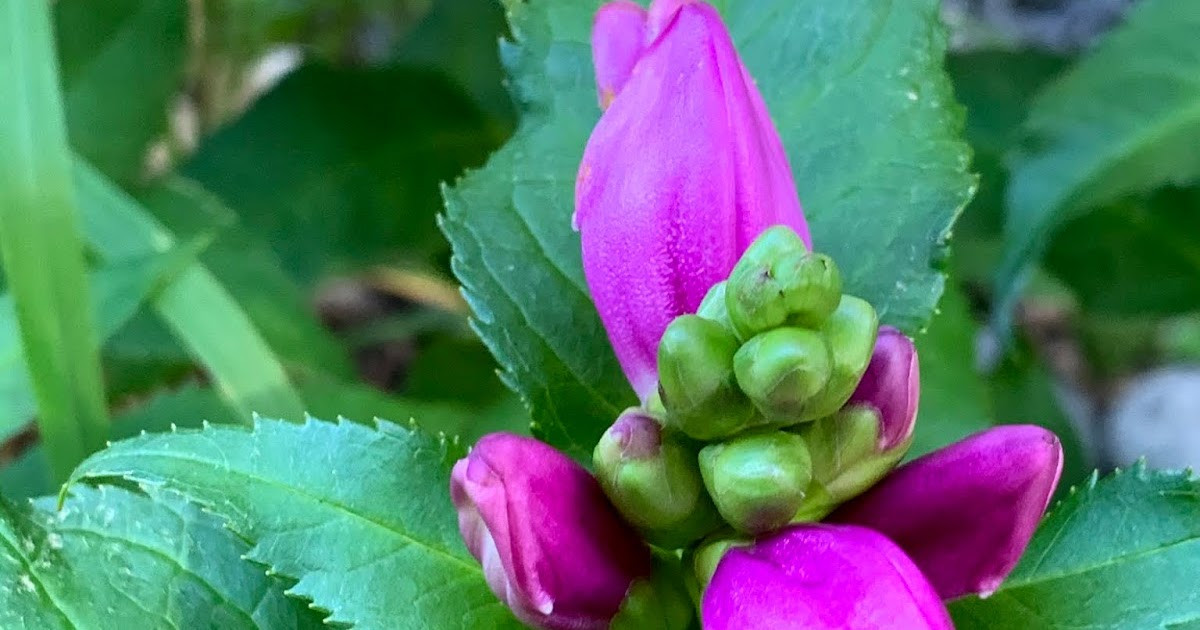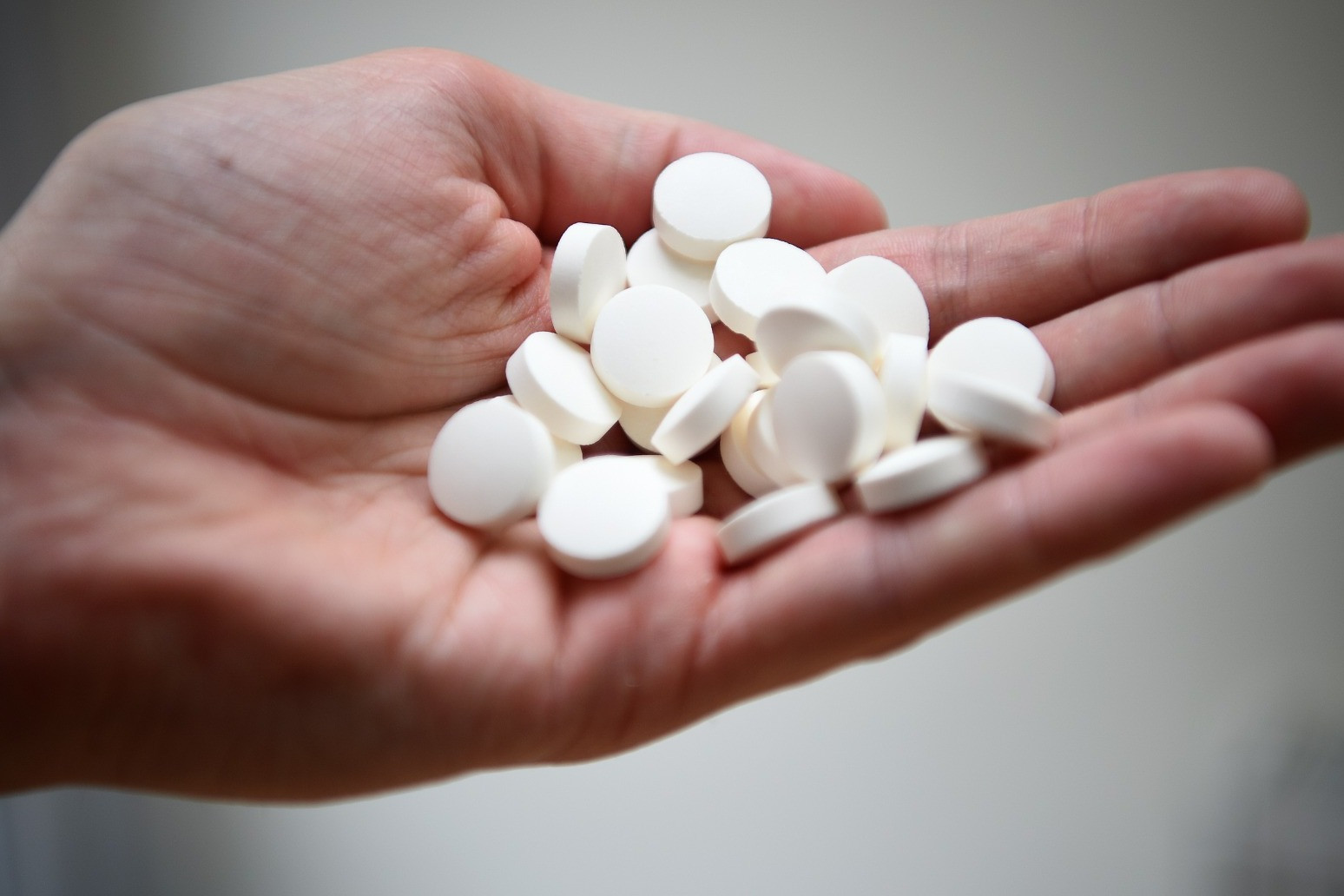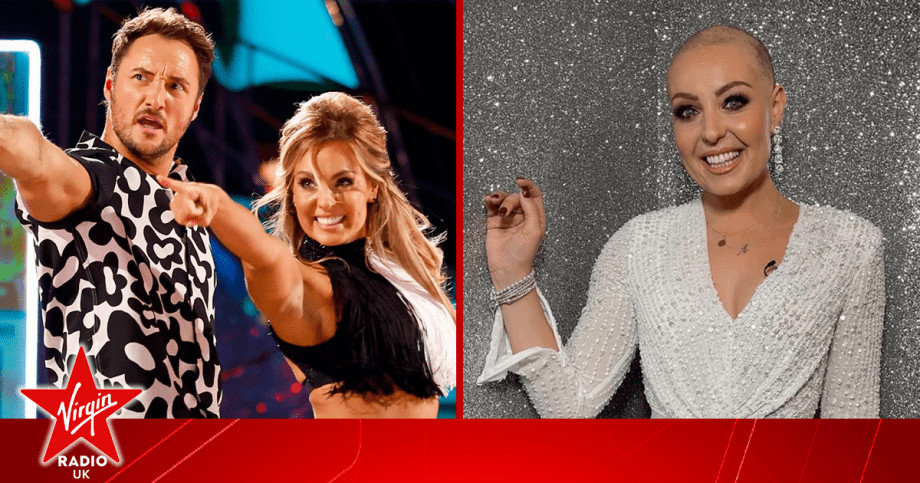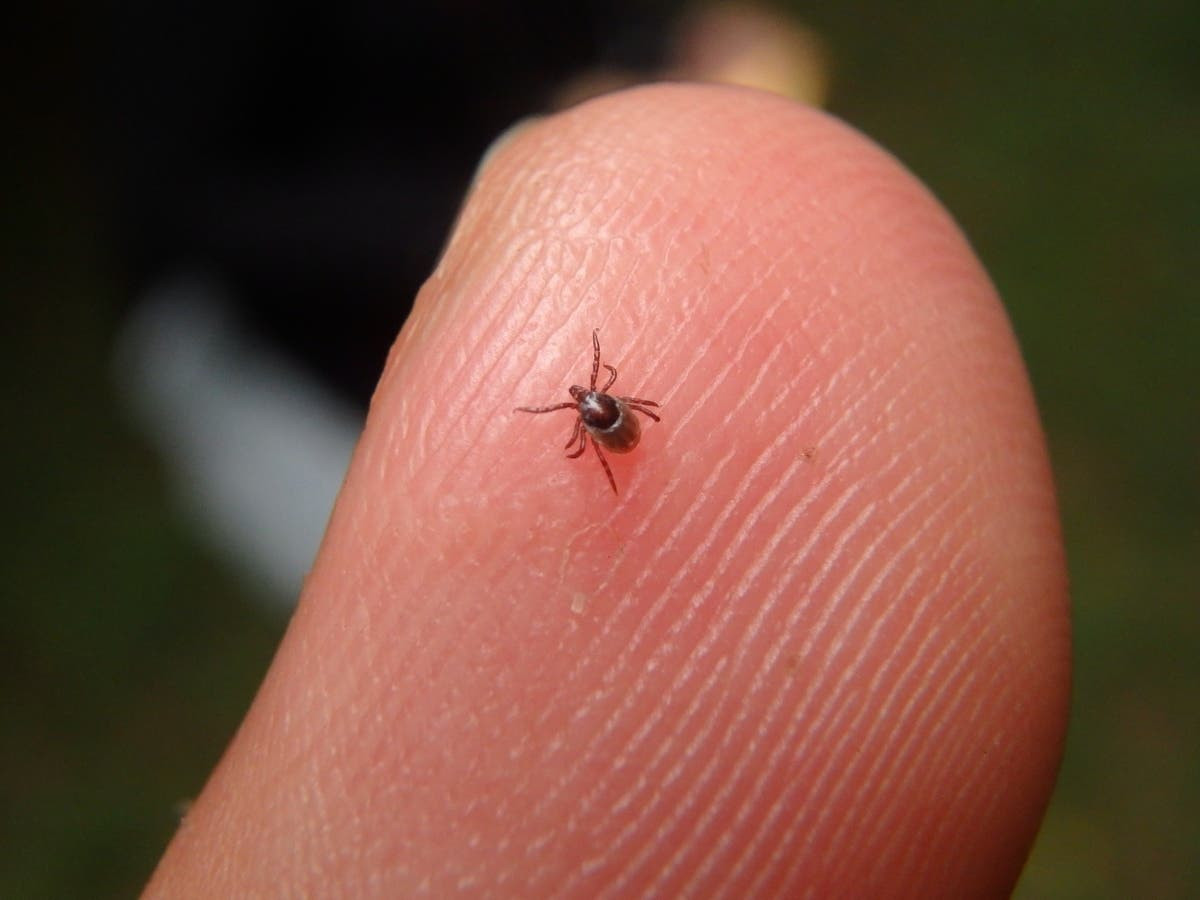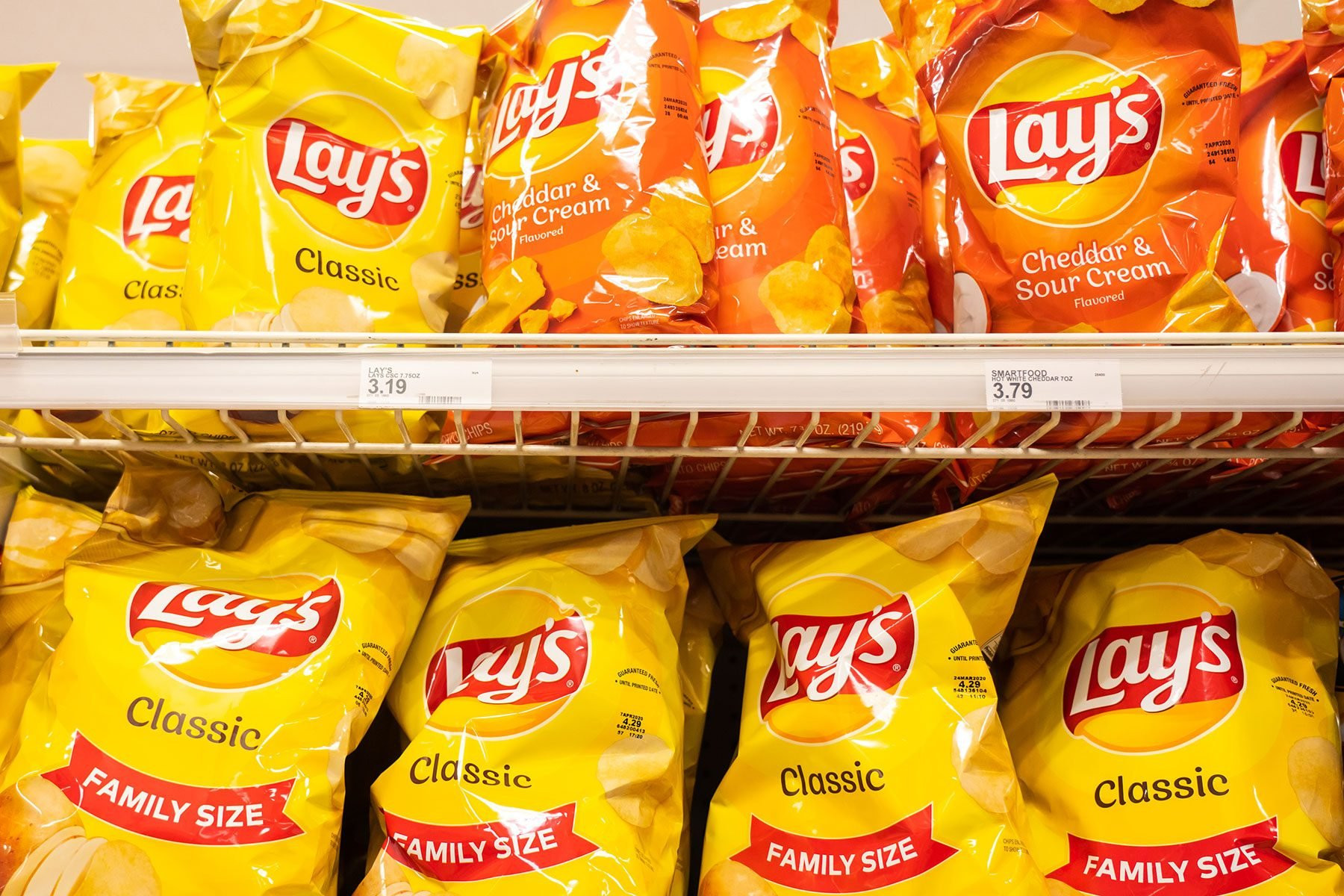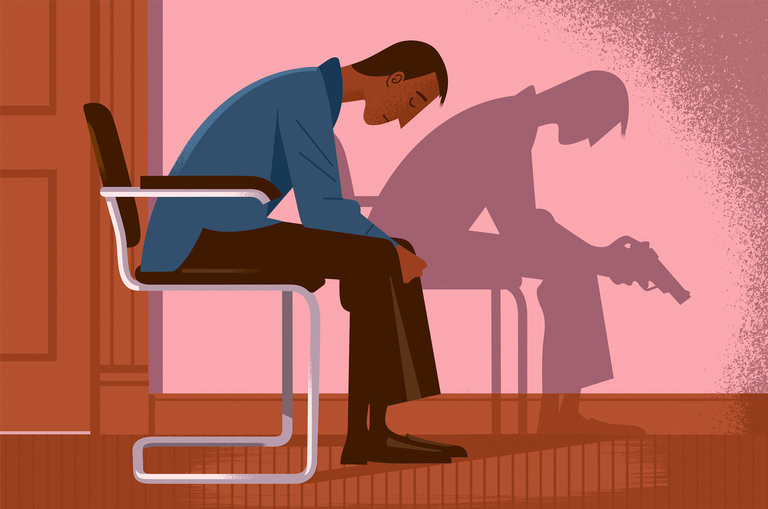Elle Macpherson’s gratitude journal must have written itself last week. Most days, any leader in the wellness industry is right to feel gratitude for the gigantic profits to be made seemingly out of human gullibility: the welcome for her latest venture suggests that the market for experimental self-care may have been wildly underestimated. Since the exclusive revelation of Macpherson’s “cancer journey” in the Australian Women’s Weekly, there can hardly have been enough time in the day, without contracting the work out to a gratitude assistant, to record the amount of joy experienced by a model turned entrepreneur when her apparent rejection of evidence-based medicine is widely presented – with only limited space for objections – as a tale of fully vindicated heroism.
Top of the gratitude list are headlines such as the Daily Telegraph’s “I relied on my inner sense, not chemotherapy to beat breast cancer”; Sky News’s “Elle Macpherson says she is now ‘in utter wellness’ seven years after finding out she had breast cancer”; and the LA Times: “Elle Macpherson explains why a holistic approach to breast cancer treatment worked for her”. You appear to gather that, when holistically vanquished, cancer never returns like the conventionally treated kind did with one of my dearest friends, and kills you.
Next on the list: the numerous reports in which Macpherson’s previous connection with Andrew Wakefield features barely, if at all. Crucially, the disgraced doctor’s name was missing from the first, long account of her recovery, which was however generous with mentions of her wellness venture, WelleCo, purveyor of exclusive dietary supplements. Even in less doting accounts, Macpherson’s public, as well as personal, association with Wakefield escapes close inspection. As gratuitous as it can be to mention a woman’s old relationships, awareness that she promoted an anti-vaccine film made by an individual held to be responsible for measles and mumps outbreaks, and still disseminating doubts about vaccination, might have assisted readers wondering if apparent Macpherson-style science rejection might be right for them.
Even more massive gratitude for no mentions – yet – of the rhino horn. Any day nobody remembers that you once talked about consuming the powdered horn of a species being hunted to extinction is a good day for a vegan health guru: in the week you want your health insights taken seriously pending the publication of a new memoir, it’s practically priceless. Another gratitude-generating omission: the alkaline diet with which Macpherson launched her career in wellness. Macpherson told the Standard in 2015: “I believe that most ailments come from having an acidic body.” Debunked by Cancer Research UK, it was one of the Telegraph’s worst celebrity diets of the year, up there with Michelle Mone’s TrimSecrets. Do we theorise that, even with Macpherson’s patent supplements, a person may not achieve perfect health? Whatever her own conclusions nine years later, some of her converts must be wondering if they can stop pH testing their urine now.
Overall, perhaps the greatest cause for joy chez WelleCo is also good news for all celebrity wellness entrepreneurs: coverage of Macpherson’s “remission ” suggests, as nothing before, that their industry has somehow transcended years of ridicule to place itself beyond rational consideration, including, it seems, in news sources once wary of dignifying alternative claims that might end up, if popularised, killing people. In the same pages where not long ago it was routine to find the then Prince Charles accused of, for example, “outright quackery”, crankphobia has diminished to the point where readers discover that Macpherson’s “intuitive, heart-led holistic approach” merits serious attention.
Her achievements are acknowledged by no less a person than herself: “It was time for deep, inner reflection. And that took courage.” After seeming to reject medical advice, we learn, Macpherson spent eight months in Phoenix, Arizona, her support team including her personal doctor, a holistic dentist, osteopath, chiropractor, naturopath and therapists. Research has yet to indicate which, if any, of these are optional. It must be bitter indeed for the advocates of caffeine enemas that their cancer cure was endorsed by a prince, not a former supermodel. For the owners of Airbnbs in Phoenix, however, the future looks bright. Just as celebrity health narratives can improve public health, as after Kylie Minogue’s breast cancer diagnosis, their influence is great enough, research suggests, to undermine it.
Enterprises such as Gwyneth Paltrow’s Goop, a Kardashian’s Poosh and WelleCo can at least argue that proselytising drivel about self love and the ingestion of apparently unproven supplements is their line of work. An occasional controversy, like vaginal steaming, does little to shake consumer confidence in the world of “clinically studied” (apparently not proven) ingredients, where it’s normal to defer to a “medical medium” (Goop) or to remark (like Macpherson), “I also really look after my mitochondria”.
The only evidence required for the followers of Paltrow and Macpherson’s absurd health regimes, it seems, is the appearance of their creators. If you don’t believe in the power of structured water (a Macpherson favourite), or think you could decrease your intestinal permeability with bovine colostrum supplementation (Goop), the work of the wellness industry, like astrology perhaps, or the planchette, is probably not for you. A strong preference for Macpherson over Paltrow – as well as the king – seems unlikely, by itself, to explain why previously Goop-averse sections of the media should now disseminate a rival brand of bollocks, especially one that appears so manifestly irresponsible.
Maybe it reflects an observably advancing – most recently after the Cass review – dismissiveness about medical evidence. Or maybe the dream of a bespoke, individually tailored course of self-care, “saying no to standard medical solutions”, appeals particularly at a time when many GP surgeries seem dedicated, above all, to avoiding human contact. But even NHS care at its worst is rarely as cruel as the approach that Macpherson takes to recovering from cancer, in seeming to imply that the dead were just not courageous enough to cure themselves.
Elle Macpherson reveals in her upcoming memoir that she was diagnosed with breast cancer seven years ago and is now in “clincical remission” after opting out of a traditional treatment path for the disease. In “Elle: Life, Lessons, and Learning to Trust Yourself,” the Australian supermodel known as “the Body” said she had a lumpectomy after being diagnosed with the form of breast cancer known in the medical field as HER2 positive estrogen receptor (ER) positive ductal carcinoma in situ (DCIS). “It was a shock, it was unexpected, it was confusing, it was daunting in so many ways and it really gave me an opportunity to dig deep in my inner sense to find a solution that worked for me,” she told Australia’s Women’s Weekly about her diagnosis.
Macpherson said her doctor suggested that she have a mastectomy and undergo radiation, chemotherapy, hormone therapy and reconstruction of her breast. She deliberated for several weeks about her care, but ultimately refused to undergo chemotherapy — despite the recommendation of 32 doctors and experts, she said — and took a holistic approach. The 60-year-old said she came to “one of the biggest decisions of her life” after she went to a beach in Miami, prayed and meditated. Instead of a pharmaceutical path, she chose “an intuitive, heart-led, holistic approach” to treating her cancer under the guidance of her primary doctor. That physician specializes in integrative medicine, which uses a combination of therapies and lifestyle changes to treat and heal the whole person, the outlet said. The approach is similar to that of late “Grease” star Olivia Newton-John, from whom Macpherson sought advice after the actor famously complemented her clinical treatment for breast cancer with holistic practices. (Newton-John died in 2022.) “I realized I was going to need my own truth, my belief system to support me through it. And that’s what I did. So, it was a wonderful exercise in being true to myself, trusting myself and trusting the nature of my body and the course of action that I had chosen.”
Macpherson said she “came to the understanding that there was no sure thing and absolutely no guarantees. There was no ‘right’ way, just the right way for me.” “Saying no to standard medical solutions was the hardest thing I’ve ever done in my life. But saying no to my own inner sense would have been even harder,” she wrote in the book. According to the Mayo Clinic, alternative cancer treatments can’t cure the disease but may provide some relief from signs and symptoms. The hospital, which specializes in cancer, cardiology and heart surgery, says that many alternative cancer treatments are unproven and some may even be dangerous, but there are a few that are generally safe. There is growing evidence that these treatments may provide some benefit, the clinic says.
Although one of Macpherson’s two sons was opposed to her decision and she received pushback from others in her life, she said her choice “resonated” with her and meant “addressing emotional as well as physical factors associated with breast cancer.” She relocated to Phoenix, where she was placed under the care of several specialists, including her primary doctor, a doctor of naturopathy, holistic dentist, osteopath, chiropractor and two therapists. During her treatment course, she rented a house in Phoenix while “focusing and devoting every single minute to healing myself” for eight months. The model-turned-entrepreneur added that now, “in traditional terms, they’d say I’m in clinical remission.” But according to her, she’s actually “in utter wellness.” “Truly, from every perspective, every blood test, every scan, every imaging test … but also emotionally, spiritually and mentally — not only physically,” she told Women’s Weekly. “It’s not only what your blood tests say, it’s how and why you are living your life on all levels.” Macpherson’s book, in which she shares “her hard-earned, well-learned wisdoms,” will be published in the U.S. on Nov. 19. It was released Tuesday in Australia by Penguin.
People with cancer may have understandable reasons to follow Australian supermodel Elle Macpherson in declining chemotherapy, but the odds aren’t in their favour, warns Elle Hunt Half of us will develop cancer at some point in our lives, but how many will be able to consult dozens of doctors and then feel confident rejecting mainstream medical advice? In a recent interview with The Australian Women’s Weekly magazine, Australian supermodel Elle Macpherson revealed that she did exactly that. She told the publication that she was diagnosed with breast cancer seven years ago, but declined chemotherapy in favour of “an intuitive, heart-led, holistic approach” to treatment. According to the magazine, Macpherson deliberated over the decision for several weeks after consulting with “32 doctors and experts”. Eventually, in February 2017, she decided to pursue a non-pharmaceutical response led by her primary care doctor, a specialist in “integrative medicine”. Happily, Macpherson is now in clinical remission – or, as she prefers to put it, “utter wellness”. Without knowing crucial details about the extent of her cancer, the concurrent risk factors and the advice she received, it is futile to attempt to assess the riskiness of her decision to eschew chemotherapy. For example, she did have a lumpectomy – the initial surgery to remove a suspicious lump – which some doctors have said might have been sufficient treatment. Nevertheless, the story has proved a lightning rod online, provoking both the growing numbers of people who mistrust “conventional medicine” and those who seek to defend it from mounting attacks.
What is behind this mistrust? Some researchers point to the covid-19 pandemic for a rise in “science scepticism” around the world, with its heated debates about the severity of symptoms, merits of lockdowns and safety of vaccinations. The online world of “wellness”, too, is increasingly being used as a cover for anti-science views and even conspiracist thinking. For members of Black and minority ethnic communities, mistrust of doctors – extending to reluctance to undergo screening for cancer, and even treatment – reflects public health and medical institutions’ decades-long failure to engage with them and ensure equality of care in many countries. And in the UK specifically, confidence in the National Health Service’s ability to treat cancer has fallen in recent years, with reports of months-long delays to starting essential cancer therapies. All of this means that, if you are diagnosed with cancer today, your options might seem less clear cut than they did in the past. Add to that the typically brutal experience of chemotherapy, and it isn’t a surprise that Macpherson’s story of “non-pharmaceutical” alternatives has generated such attention.
But it is worth keeping in mind that Macpherson isn’t exactly representative of the vast bulk of people with cancer. With an estimated net worth of US $95 million, she can afford to seek multiple second opinions, then turn down chemotherapy: her wealth acts as a safety net. Her “ingestible wellness” company WelleCo, and her historic romantic links to the disgraced anti-vaxxer Andrew Wakefield, whom she dated from 2018 to 2019, further complicate Macpherson’s story. For most people, there is a real risk to rejecting healthcare. A 2017 study found that those with cancer who chose alternative medicine for their primary treatment had a greater risk of death within five years than those who chose conventional treatment. A larger study published the following year of nearly 2 million people with cancer in the US, found that use of complementary medicine was associated with refusing conventional cancer treatment, and resulted in double the risk of death within five years. Certainly, oncologists are increasingly opting to use less chemotherapy, or to bypass it entirely – reflecting new treatments, research and awareness that targeted, tailored responses are the most effective. But at least for now, the advice from organisations like Cancer Research UK is unequivocal: there is no scientific or medical evidence that alternative therapies can cure cancer. Amid widespread mistrust of medicine, Macpherson’s account – trumpeting a positive outcome, without crucial context – risks influencing people to take a dangerous path. Everybody might be at risk of developing cancer, but with the colossal resources at her disposal, The Body – as Macpherson was known at the peak of her modelling career – always had a better chance of surviving it than most people, regardless of her choices. Elle Macpherson is speaking out publicly for the first time about being diagnosed with breast cancer seven years ago. In a recent interview with Women’s Weekly, the Australian model and businesswoman recounted the call from her doctors when they informed her that she was diagnosed with HER2 positive estrogen receptive intraductal carcinoma. She was advised to undergo chemotherapy, but she chose a holistic approach to treatment instead. “It was a shock, it was unexpected, it was confusing, it was daunting in so many ways,” she said. “And it really gave me an opportunity to dig deep in my inner sense to find a solution that worked for me. I realized I was going to need my own truth, my belief system to support me through it. And that’s what I did. So, it was a wonderful exercise in being true to myself, trusting myself and trusting the nature of my body and the course of action that I had chosen.” While Macpherson’s doctor suggested a mastectomy with radiation, chemotherapy, hormone therapy and reconstruction of her breast, she ultimately opted for “an intuitive, heart-led, holistic approach,” after consulting 32 doctors and experts. “I came to the understanding that there was no sure thing and absolutely no guarantees. There was no ‘right’ way, just the right way for me,” she wrote in her new book Elle: Life, Lessons, and Learning to Trust Yourself, which hits U.S. bookshelves Nov. 19. “I chose a holistic approach. Saying no to standard medical solutions was the hardest thing I’ve ever done in my life. But saying no to my own inner sense would have been even harder.” Throughout her treatment, Macpherson remained under the care of several medical specialists, including her primary doctor, a doctor of naturopathy, holistic dentist, osteopath, chiropractor and two therapists. At one point, she also spoke with Olivia Newton-John (who died in 2022 following a battle with breast cancer), who underwent traditional medical treatments as well as holistic practices. “Yes, we spoke a few times when I was diagnosed and also through both of our healing journeys,” the Friends actress recalled. “We did things differently, but we did share experiences with each other and how we feel and how we approach things.” Now, after devoting so much time to healing herself, Macpherson said she’s in clinical remission, per traditional terms, “but I would say I’m in utter wellness.” “Truly, from every perspective, every blood test, every scan, every imaging test … but also emotionally, spiritually and mentally — not only physically,” she added. “It’s not only what your blood tests say, it’s how and why you are living your life on all levels.”




